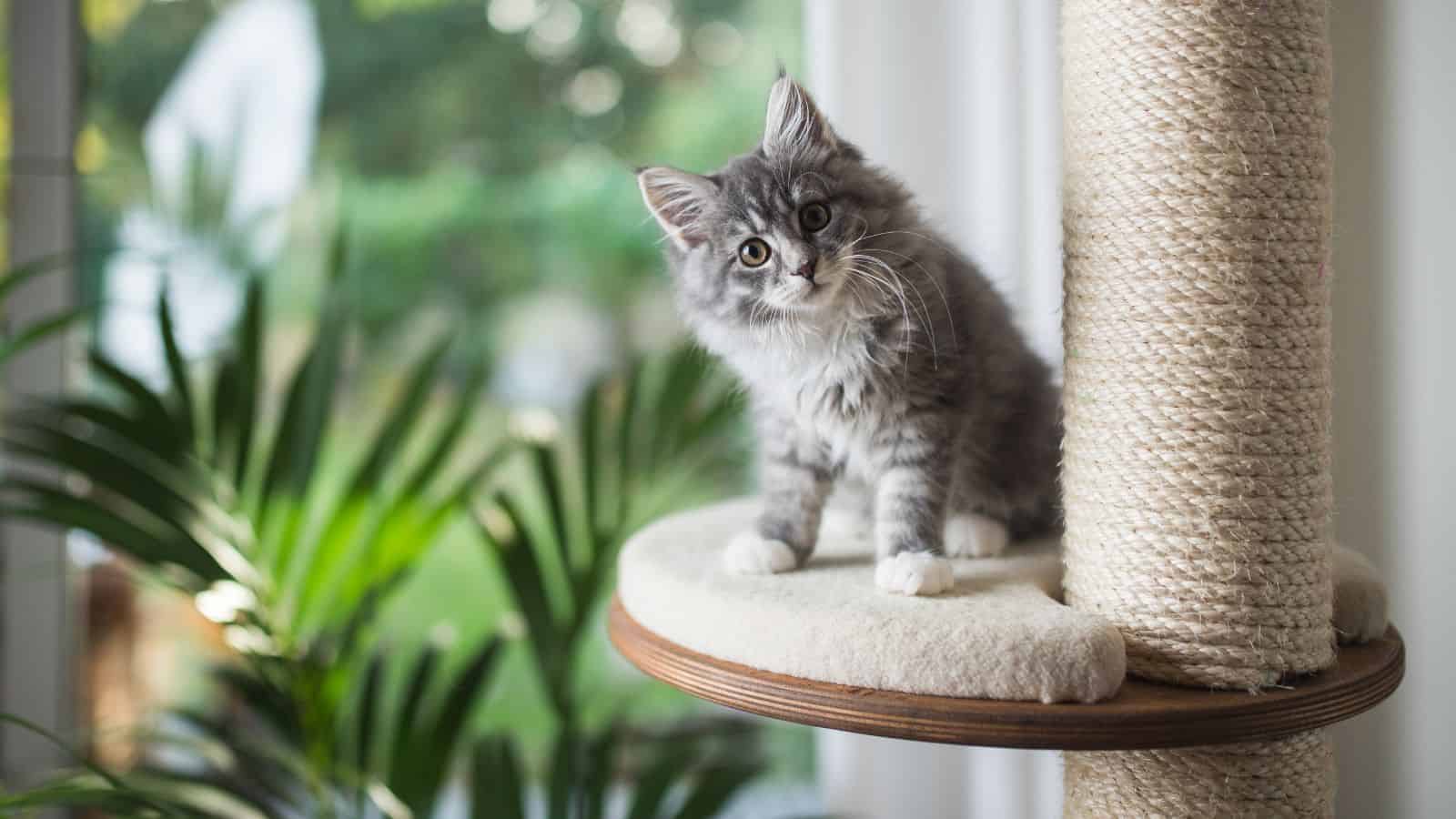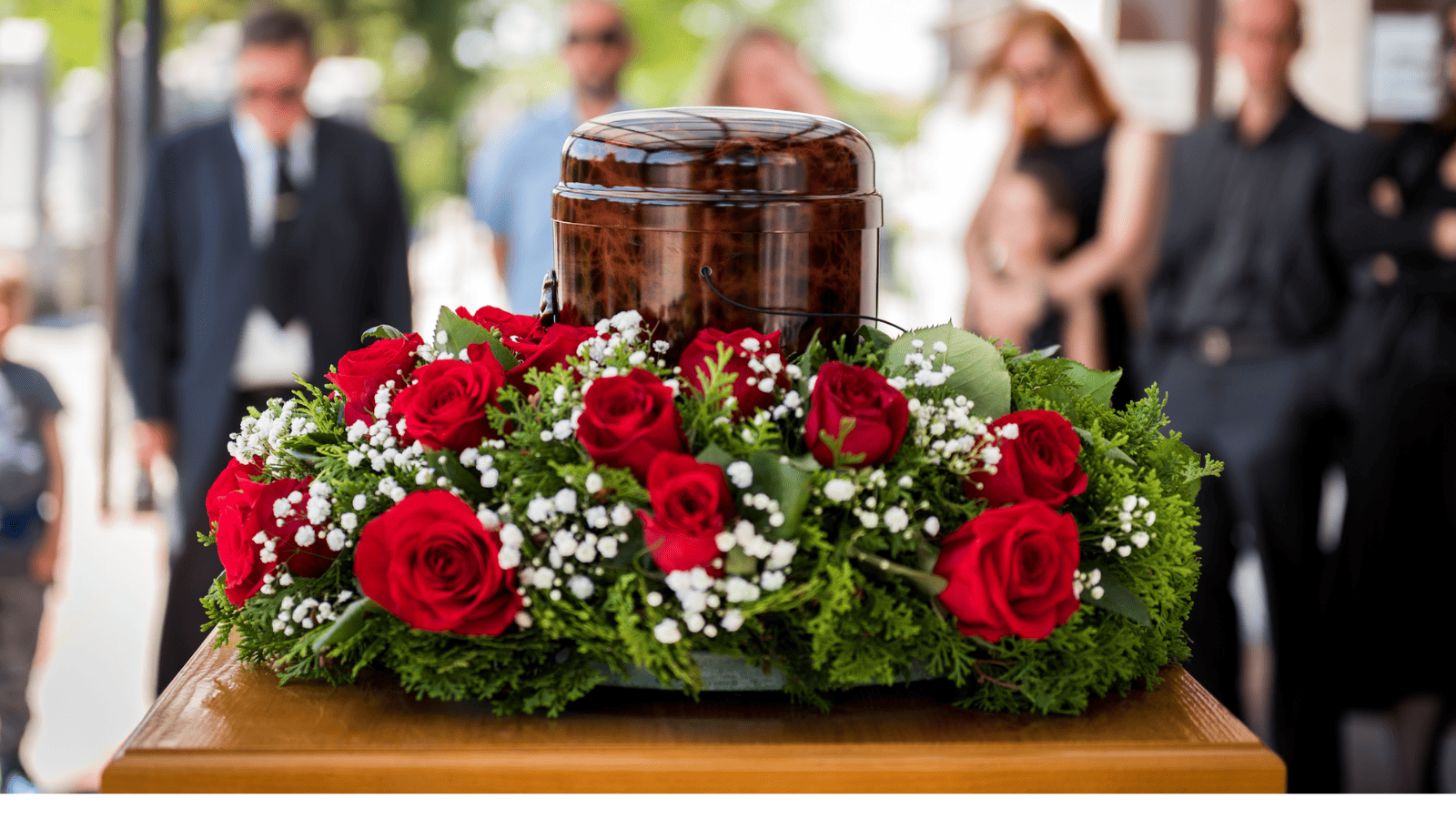The English language can be tricky to navigate, even for those who speak it fluently. However, for learners from other countries, there are some colloquial expressions that many Americans (and perhaps Brits) take for granted that can be challenging for foreigners to understand and master. Here are 20 common phrases we use in the U.S. that might confuse English students abroad.
“It’s a Piece of Cake!”

Cake may be delicious, but it has little to do with the meaning of this phrase, which literally translates as “It’s very easy and straightforward.” Perhaps the origins of the phrase come from the fact that cutting a soft slice of cake is a simple act, and eating it is even more effortless!
It’s synonymous with the expression “it’s a breeze.”
“It’s Not Rocket Science”

Idioms Online writes, “When something is not rocket science, it’s not very complicated and easy to understand.” The phrase probably originated in WWII, when German rocket scientists were the only hyper-intelligent professionals studying in the field, as the American program was still in its infancy. It literally translates as, “It’s not mentally challenging; it’s simple and easy.”
“Hold Your Horses!”

This expression makes a lot of sense if you consider how people moved around before the days of automobiles. Although we don’t use horses for transportation nowadays, the expression has persisted as a way to ask someone to be patient or slow down. It would’ve been used literally in the olden days to ask the driver of a carriage pulled by horses to wait before departing.
“Let’s Break Bread Together”

This phrase doesn’t mean a literal bread-breaking ceremony is happening; it refers only to the friendly or neighborly act of sharing a meal together, typically as a sign of mutual trust and respect or perhaps to broker a deal or discuss something important. Bread is a staple food and has been for thousands of years, so it represents any everyday meal.
“You’re Dropping the Ball”

This expression is most often used in professional situations and is a way of saying you’re making a mistake or failing to complete a task you were responsible for. It comes from sports such as baseball or American football, where dropping the ball would be an error that could cost the team the match. It is generally used as a warning not to fail at an important task.
“That’s the Cat’s Meow!”

According to Merriam-Webster, this casual, old-fashioned phrase is used for something that is very appealing, typically a top-notch object. For example, you may refer to a friend’s new car or home appliance as “the cat’s meow.” Its origins are unclear, but cats are known to be effortlessly graceful, beautiful, and capable creatures, so perhaps it comes from this.
“All Thumbs Today”

Saying that someone is “all thumbs” is the same as calling them uncoordinated or clumsy, i.e., their hands seem incapable as if they have too many thumbs and no fingers! It’s not a strong insult but a light-hearted and humorous way to acknowledge poor dexterity. It is similar (although not identical) to the expression “butterfingers,” meaning prone to dropping things.
“Under the Weather”

This phrase might sound a bit silly given that all of us are literally under the atmosphere and, hence, the weather, but it actually means that someone is unwell. The type of weather it explicitly refers to is ‘bad’ weather, like a storm, and the phrase probably came from seafaring, when sailors who were caught in high wind and waves were more likely to vomit or feel seasick.
“Second Thoughts”

We all have thousands of thoughts a day, so having one after the other is not unusual. This phrase, however, is used when people change their minds or have doubts. For example, if someone were having second thoughts about getting married, it means their ‘second thought’ didn’t match the first thought, and they are questioning their original decision.
“Head Over Heels”

This phrase conjures up some amusing, if a little dangerous, imagery of falling over in a pretty dramatic way. It’s used to explain the initial feelings of romance we get when we meet someone we really like. A person is said to fall “head over heels” for someone if they quickly and deeply fall in love with them. It describes the way such a person can turn the world upside down.’
“Spill the Tea”

This expression has interesting origins, with The AWC claiming it came from African-American LGBTQ+ communities, mainly drag performers, who used to ask someone to spill the ‘T’ when asking for the truth. It is now used to request private details or dramatic anecdotes about others and is especially relevant when someone is looking for ‘juicy’ gossip.
“Beat Around the Bush”

To “beat around the bush” is to delay taking action or to take a long time to start a task, although it doesn’t typically refer to gardening or a physical shrub! It is most often used in conversations when someone may be hesitating, like if they are sugar-coating or avoiding a sensitive subject. The other person may use this phrase to request they ‘get to the point’ and be clear and honest.
“Chill Out”

When we get angry, stressed, or annoyed, we get hotter and can even become flushed or red in the face. The phrase “chill out” asks or advises someone to cool down emotionally and is synonymous with saying “calm down” or “stop getting so agitated.” Although it can come from concern and be well-meaning, some people with a temper don’t respond well to it!
“Raining Cats and Dogs”

There’s no explanation for this phrase that makes sense, seeing as cats and dogs have never rained down from the sky in human history! The phrase, which refers to very heavy rainfall, probably came from an over-exaggeration of the weight and size of the raindrops falling. The rain is likened to domestic animals to emphasize the intensity of the downpour.
“Feeling Blue”

When we think of feeling sad or depressed, black or gray are perhaps the colors that spring to mind first. Yet, the expression “feeling blue” actually refers to feeling miserable or morose. Despite its fairly vibrant tone, the color blue was traditionally associated with feelings of melancholy, hence why it has such a meaning in this old-fashioned phrase.
“Hit the Hay”

According to NBB, the very first mattresses were stuffed with straw, and such dried plant material has long since been used for sleeping. The phrase “hit the hay” means to go to bed and is a casual way of telling others you intend to rest for the night. It’s connected to farming, with livestock (and perhaps even farm laborers) traditionally sleeping in barns, on hay or straw.
“Up in the Air”

When a situation is “up in the air,” it has not yet been resolved, is undecided, and is ‘messy.’ Although it conjures up images of floating objects or even people, it refers to a feeling of uncertainty. The phrase may come from juggling (keeping many objects in the air at once) and is related to the phrase “having a lot of balls in the air,” which implies being busy with multiple tasks.
“Bite the Bullet”

Biting bullets sounds like some kind of weird pre-gunfight ritual but does, in fact, refer to doing something unpleasant or difficult, especially if it’s irreversible. Imagine a soldier having to bite down on a bullet to endure the pain of surgery or grit their teeth in the face of enemy fire. It means facing something life-changing or challenging but doing it anyway.
“Costs an Arm and a Leg”

Have you ever balked at the high cost of an expensive item or service? An American or a Brit may comment that such things cost “an arm and a leg,” meaning that the expense is so high it will leave you financially disabled or that the amount of money lost would be akin to the value of your appendages! It’s an exaggerated way of expressing shock about high prices.
“Let’s Call it a Day”

There is no naming ceremony here, and no one is trying to change the number of hours in a day. This expression is simply used to express that a day’s work is done or that an activity or task should be paused for the time being, typically until the next working day. It literally means, “It’s time to stop this and get some rest. We’ll start again tomorrow.”
Up Next: 20 Personal Things You Should Never Share With Others

Building meaningful connections with others requires a certain level of transparency and trust, but that doesn’t mean you have to tell your friends and family members everything! Some aspects of our lives are too personal, incriminating, or risky to share. This article explores 20 aspects of your personal life that you should always keep confidential.
20 Personal Things You Should Never Share With Others
18 Things Everyone Forgets to Include in Their Will—But Shouldn’t

Wills and estate plans are essential ways to ensure what will happen to your belongings and property when you die or are incapacitated. However, people often forget to include important information in their wills before it’s too late, complicating matters for their descendants. Here are the 18 common things people forget to include in their will.
18 Things Everyone Forgets to Include in Their Will—But Shouldn’t
18 Items at Walmart that Aren’t Worth Your Hard-Earned Money

For many of us, Walmart is the go-to superstore. Whether we need groceries, clothing, or technology, Walmart is a one-stop shop for everything you would need. However, there are some Walmart products you should avoid at all costs, such as the following 18 examples.
18 ITEMS AT WALMART THAT AREN’T WORTH YOUR HARD-EARNED MONEY
